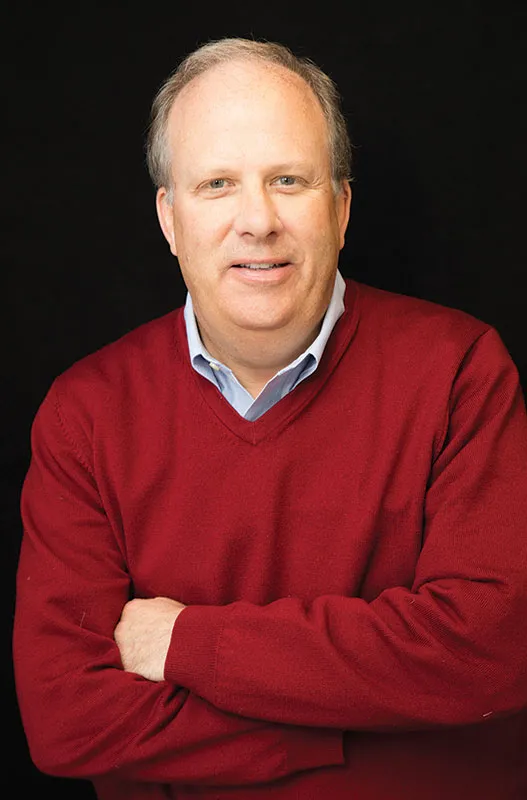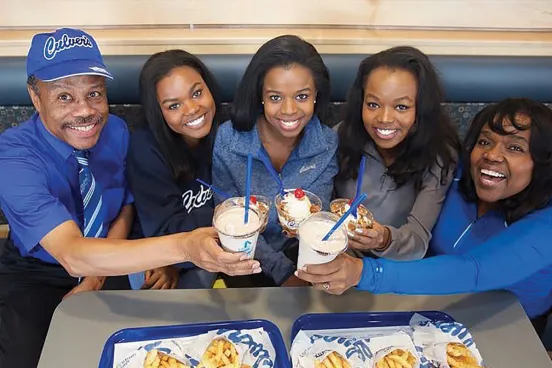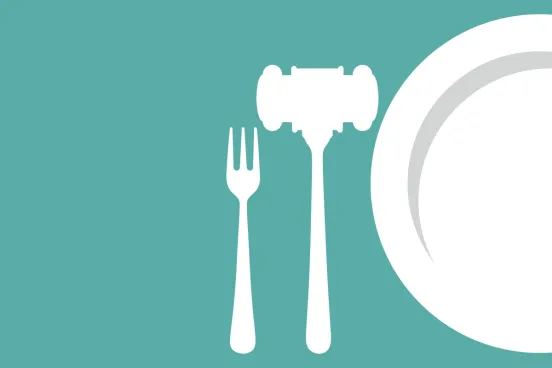
In his 16 years as senior vice president and general counsel of the Massachusetts-based dairy company HP Hood LLC, Paul Nightingale, ’86, has witnessed many changes in the industry. One of the biggest is a consumer shift toward dairy alternatives.
“It’s a big trend in the beverage industry, as producers of oat-, nut-, and plant-based milk alternatives are growing market share,” Nightingale says. “People are looking for healthier ways of consuming the same kind of product, and that’s an area where HP Hood spends a lot of time and effort on innovation.”
HP Hood, which has its own research and development unit, has met that demand, Nightingale notes. Among the non-dairy products that HP Hood produces and distributes are Almond Breeze brand almond milk; Planet Oat brand oat milk, one of the company’s newest offerings; and Lactaid brand milk that has been treated to remove the lactose.
HP Hood—a family-owned business with 13 manufacturing plants throughout the United States—has agreements with other companies to license, manufacture, and distribute brands like these and others, says Nightingale, who negotiates the licensing for all brands.
Because many of these licensing agreements deal with patents, trademarks, and proprietary recipes and formulas, Nightingale says, HP Hood “has a robust Trade Secret Protection Plan to protect trade secrets—both our own and those of our customers and licensed partners. We make sure that we have the right protections in place to protect our trade secrets and theirs from inadvertent disclosure.”
While HP Hood, which was founded in 1846, still sells its core conventional dairy products in the Northeast—including milk, cottage cheese, sour cream, and ice cream—Nightingale says there has been a gradual decline in U.S. consumers’ consumption of traditional dairy products over the years, which means HP Hood has had to diversify.
“With a company like this, we have to look elsewhere to make up for conventional dairy’s declining market share.” As a result, HP Hood has negotiated deals with owners of brands like SlimFast, Kellogg’s, Muscle Milk, Southern Comfort, Hershey’s, and other companies to make and/or sell various dairy and non-dairy-related products.
Nightingale says HP Hood, like all food and beverage producers, has seen an uptick in recent years in the number of class-action suits that allege false and misleading claims related to product packaging and advertising. “These range from challenges to the accuracy of claims that a product is all-natural to whether the ingredient declaration properly identifies all of the ingredients.”
He attributes this trend to customers becoming savvier about the ingredients they are consuming, as well as a rise in advocacy groups and a “plaintiffs’ bar” that takes aim at the food industry.
Managing litigation, though, is just a small fraction of Nightingale’s job, which he says he still enjoys as much today as when he first started nearly two decades ago. A former environmental lawyer at Goodwin Procter and Cabot Corporation, Nightingale was ready for a change when the general counsel position at HP Hood opened up.
“I like the job because it’s varied, it’s diverse, and every day there’s something different.”






